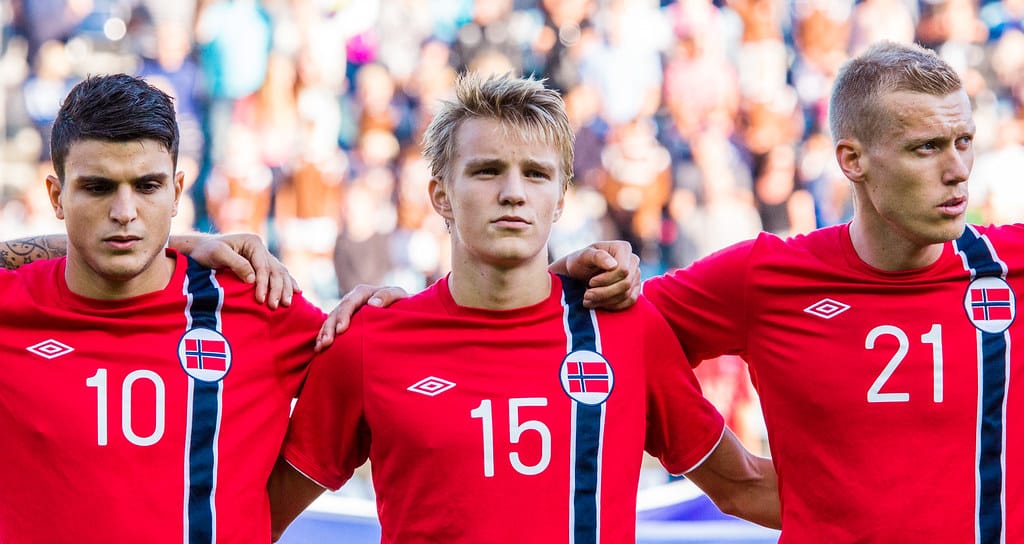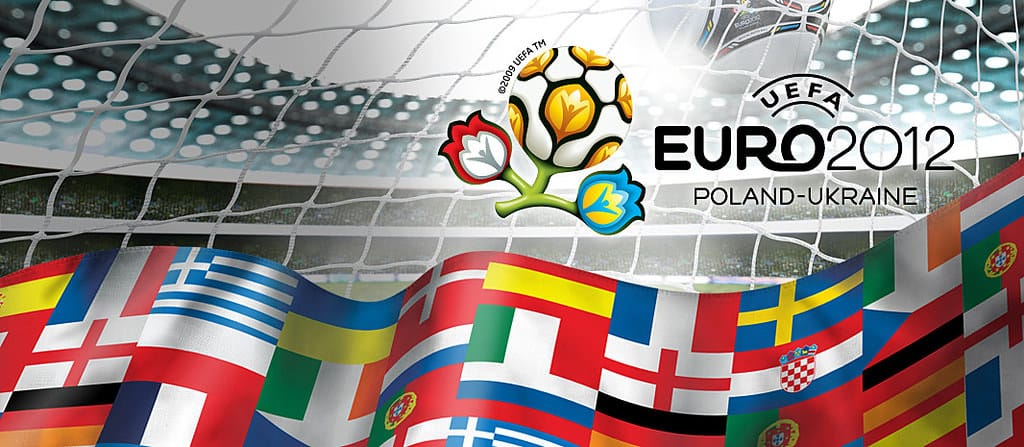Qatar: Your Opinions Heard
Following your interaction with our Instagram addition on the Qatar World Cup 2022, we have written this article.

The 2022 World Cup is said to be one of the most controversial in history. Therefore, this week, we wanted to go back to the article that was published regarding the World Cup in Qatar, to respond to people’s reactions and to see what else has happened since. The Instagram take-over of this story has gotten quite a few responses, with at least 250 people having looked through the story, which we are very happy to have seen and we wanted to address what we have found. I want to start off by congratulating our illustrator, who did a beautiful job portraying the article and what we wanted to discuss.
This topic has become even more prevalent since we published the article, after Norway said they will protest in their opening qualifiers on the night of the 24th of March, so we are interested to see what the responses to this will be. One of the largest reactions from the article was that it wasn’t a topic that was well known – something as big as this seems to have just been swept under the rug, similar to the attempt to boycott the Olympics in Sochi back in 2014, but discussions stopped and the Olympics went on as usual. And we can guarantee this event will be swept under the rug again very soon as the qualifying rounds have restarted as of the 24th of March; people will slowly stop talking about the problems and just start talking about the games. We want this discussion to continue and we want teams who are playing to understand their lack of action is incredibly detrimental.
Holding authorities accountable and keeping the conversation going can cause change; even if it’s not permanent, it’ll still be a step in the right direction
We also understand that it is inevitable that things like this do get swept up, and perhaps in a few years’ time it won’t be a discussion anymore and nothing will have changed, which is incredibly frustrating, but more importantly, it means that people don’t get involved in these conversations as they seem pointless. But I can vouch that none of these conversations are, and I can prove it! Back in 2012, the UEFA European Football Championship was held in Ukraine and Poland, and I was living in Ukraine at the time. To say the very least, everyone in Kyiv was thrilled to host the event! To prepare for it, Ukraine wanted to clean the streets of stray dogs in preparation, which they decided to do by burning them or poisoning them. This animal rights violation was mortifying to hear about and see, and companies who were sponsoring the event such as Coca-Cola demanded that UEFA take actions. The killings were automatically stopped and there was promise of building animal shelters to house the animals. Now, I do understand that these are two vastly different competitions happening in two very different countries with different organizations, but the point still stands that people do make a difference, and it is important to do so! Holding authorities accountable and keeping the conversation going can cause change; even if it’s not permanent, it’ll still be a step in the right direction.

Even though sports shouldn’t be political, international sports events like this ARE political because that is the very reason why countries bid for it: for political and economic gain
The results we did see on our Instagram polls showed that people were willing to discuss this issue and that is was something important to look into it, and of course there were people who disagreed with the article. The results of the polls regarding the question of whether or not people will still watch the event was the most balanced, where 41% of people said they would still watch it (compared to all others where polls have over 70% votes in one direction). Discussions about politics in sports are difficult, and that is understandable – when you watch a sport on TV, you don’t think about the political aspects involved because they do seem completely detached, epecially as the teams themselves don’t seem directly involved in the political matter. In addition, I understand there is always political matters involved in any sport, so it can make it difficult for people to take a stand on things, as it can feel hypocritical. Even though sports shouldn’t be political, international sports events like this ARE political because that is the very reason why countries bid for it: for political and economic gain.
At the end of the day, people will talk about the games, and some of the games will be fantastic to watch. Even if you try hard not to watch it, it might come up in conversation, or you’ll see results on the news, or, when pubs start opening up again, they might be playing it on TV, and that is okay. So even if you do watch, you can enjoy the love of the sport, but remember what has happened and don’t let the fanfare distract you; don’t sweep it under the rug.





